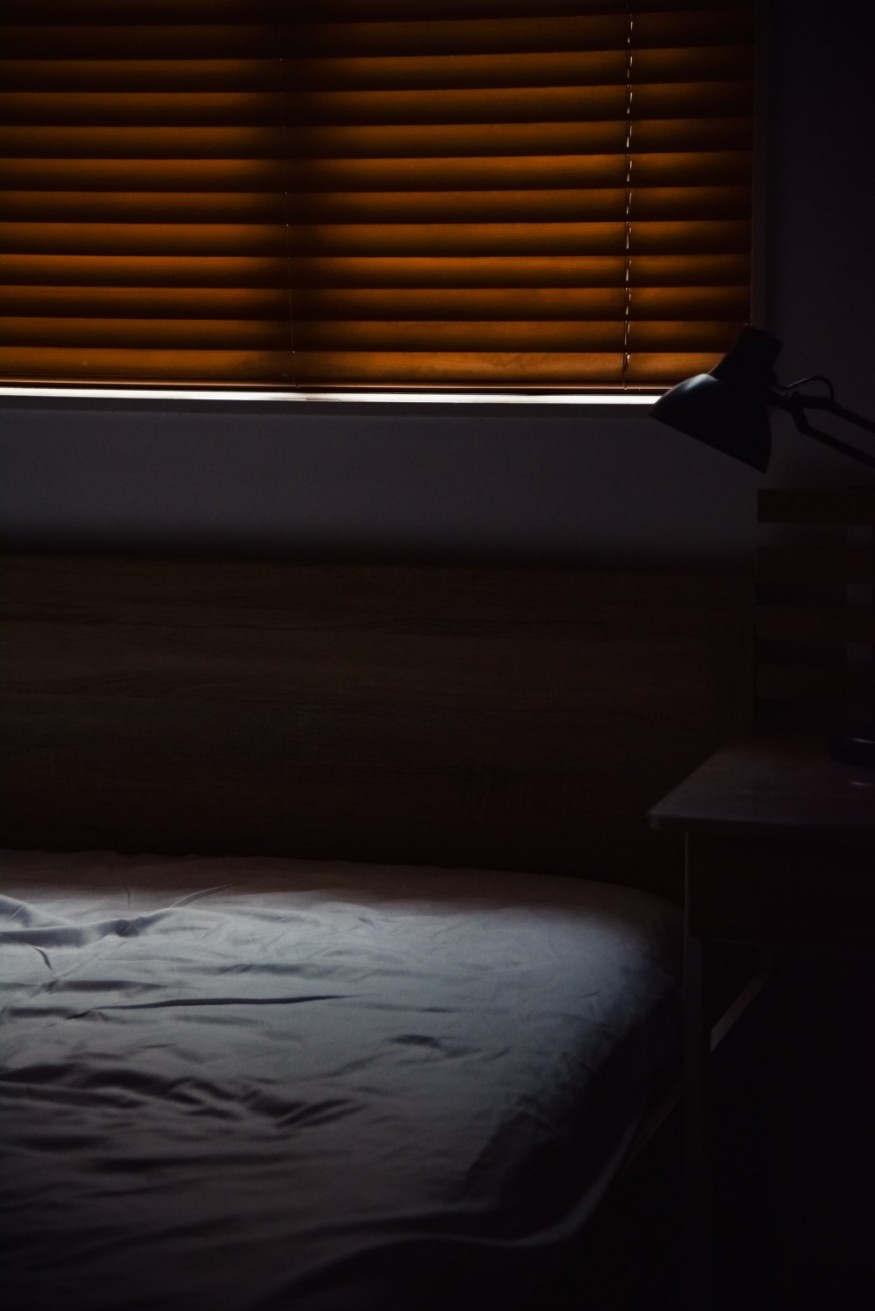
Over 50% of houses in the United States have mold problems, while 28% of Americans are highly susceptible to mold-related health issues. If left to spread, mold can become a serious health hazard that jeopardizes the structural integrity of your property, as well as potential sales. Fortunately, it's possible to prevent and eliminate mold in your property before putting it on the market.
Keep the property clean and dry
The best way to prevent mold growth is to keep your property clean and dry. Regularly check your property for signs of water damage and repair any issues found (behind the water heater or washing machine, for example). Indoor humidity should be kept at under 60% (ideally between 30-50%) relative humidity. Check your property regularly for condensation on the walls, windows, or pipes (a potential sign of high humidity); any moisture should be dried up and the source identified and eliminated.
It's also important to clean upholstery regularly, as absorbent surfaces are ideal growing grounds for mold. Steam cleaning is an effective cleaning method for this, as the steam penetrates the pores of the upholstery and cleans deep to kill and eradicate mold instead of simply just bleaching it. The steam cleaner's high temperatures kill the mold off while the brush attachments work to remove it from hidden and difficult areas.
Mold removal
If you have a small mold problem in your property, it can be relatively easily cleaned up with a bleach-water solution and sponge (wear protective gear like gloves, glasses, and a face mask for safety). However, mold problems spanning over ten square feet should be handled by a mold remediation specialist. This involves removing and cleaning soft surfaces like cushions and curtains, using antimicrobial cleaners on hard surfaces, and ripping out and replacing porous surfaces like drywall. Fans and dehumidifiers are used to dry the affected area and return the humidity to healthy levels before finishing off with a negative air pressure seal. Although hiring a professional can be expensive, the job will be done to high standards, which will save you money in the long run.
Disclose the issue
In a number of states, sellers are legally required to disclose their property's history of mold and mildew and whether or not it was professionally removed. Real estate disclosure forms typically include questions regarding your knowledge of mold and mildew issues affecting the property currently and in the past. Even if you're not legally required to disclose the presence of mold, it can still be beneficial to do so. If your home is affected by mold and you don't disclose that, you leave yourself vulnerable to future liability lawsuits. Since mold poses a health and safety issue, homebuyers often sue over these matters.
Mold is an unfortunate yet common problem which, if found in your property, can risk future sales. With these tips, you can successfully prevent and eliminate mold in your property before putting it on the market.



